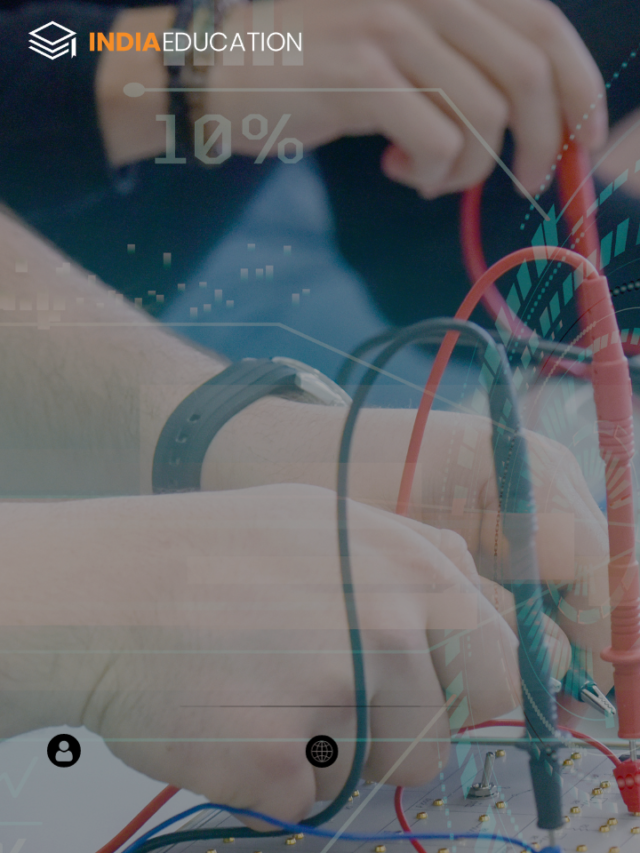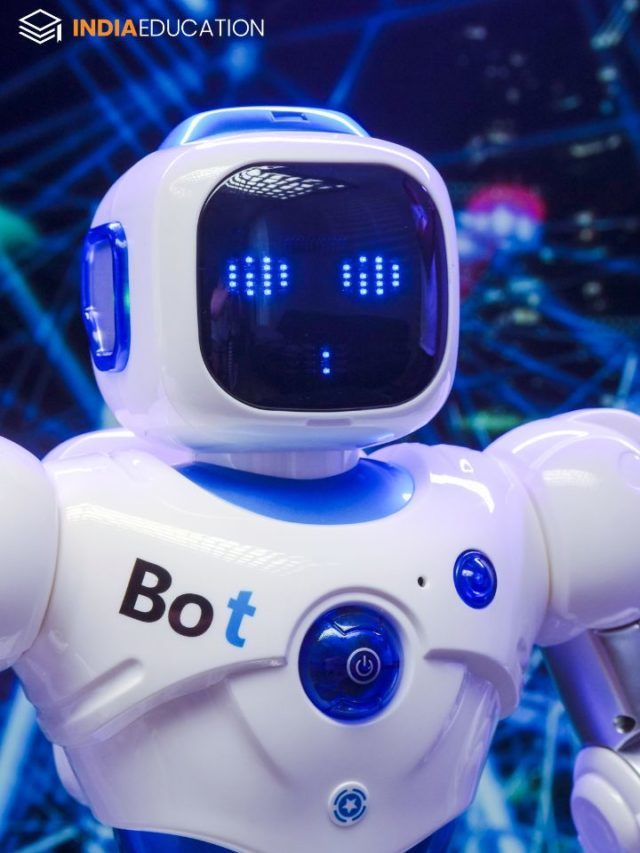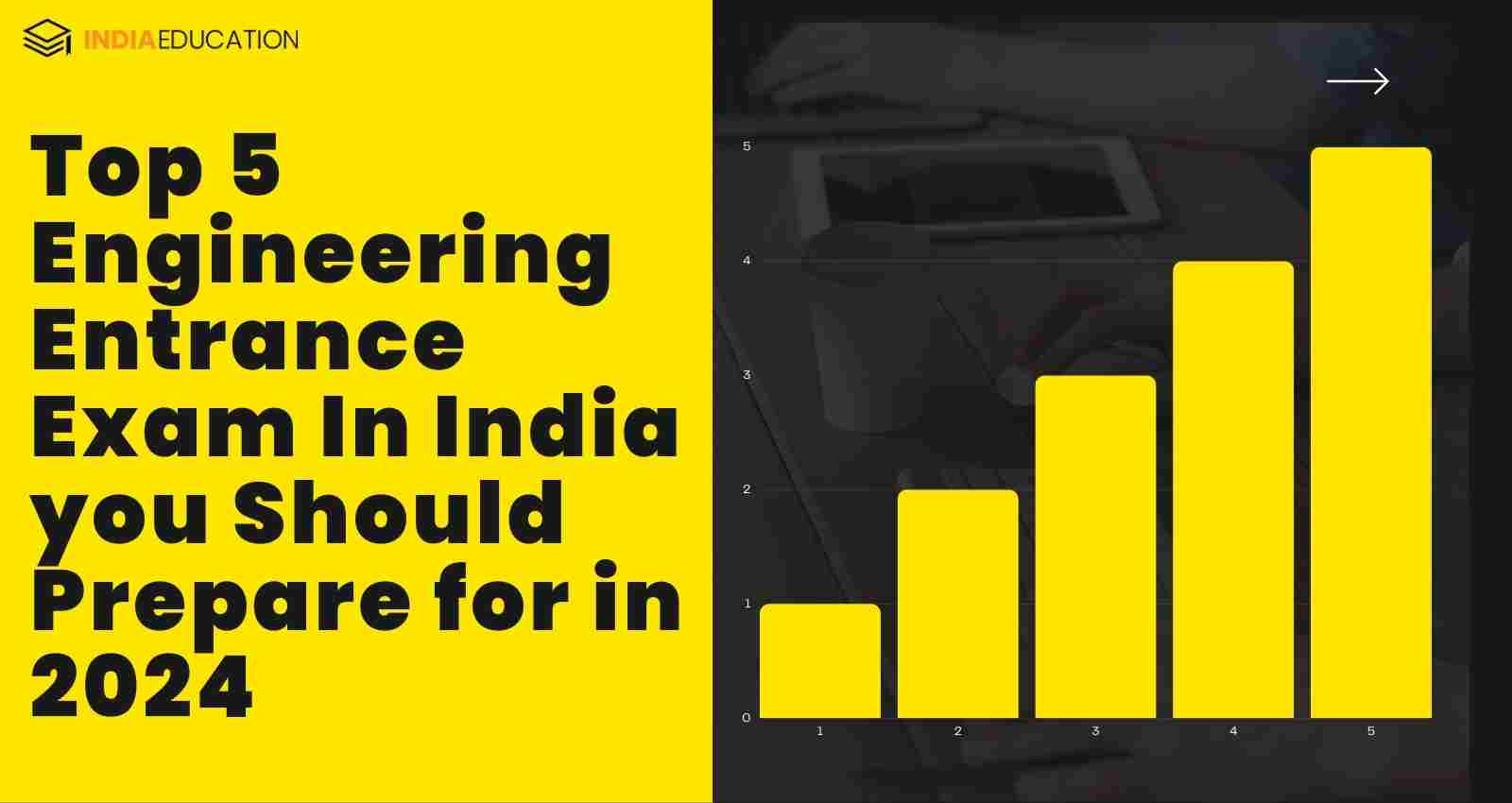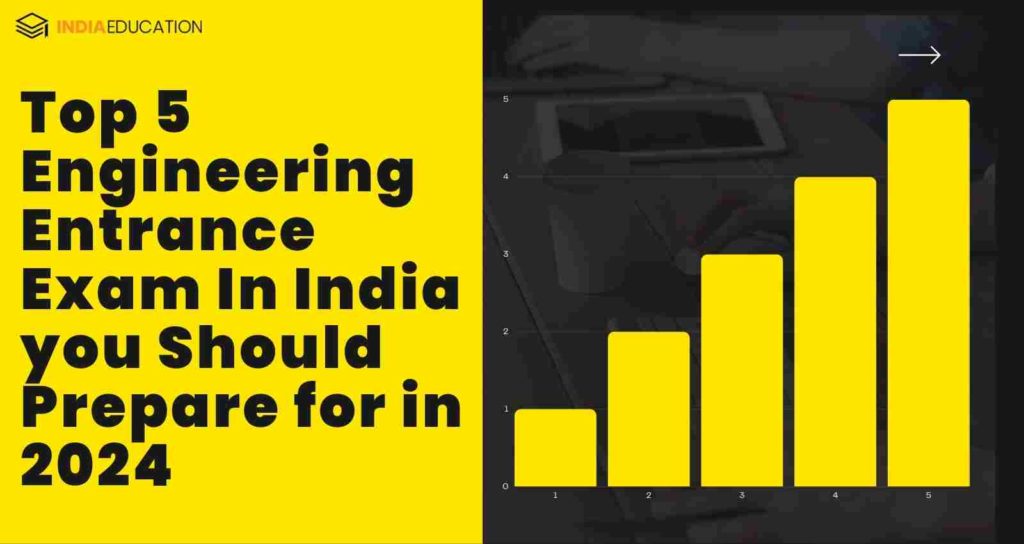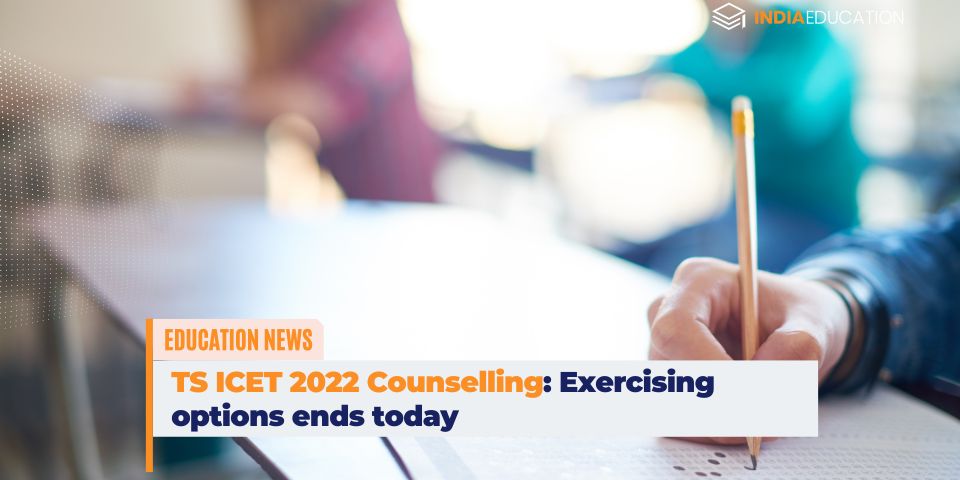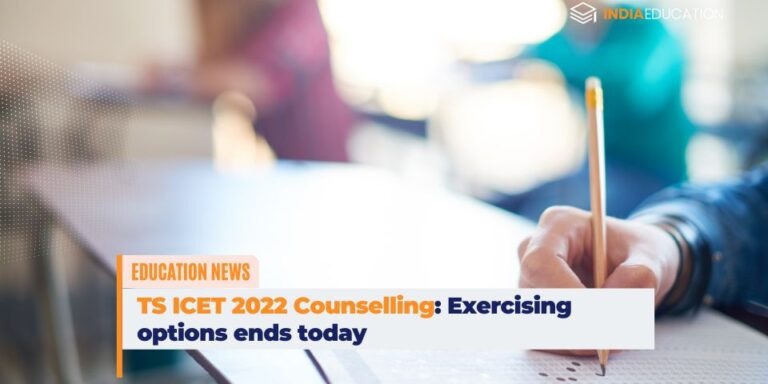What is the Future of Online Degree in India?
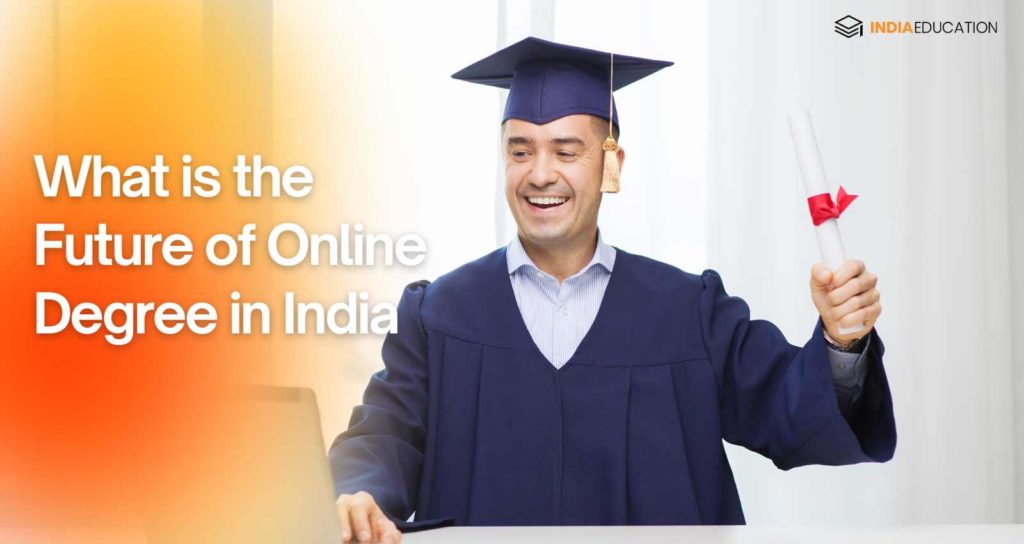
Online degrees are gaining popularity in India due to the convenience, flexibility, and wide range of options they offer. Here are a few points to consider about the future of online degrees in India:
Increasing Acceptance: Traditionally, employers have preferred degrees earned in a physical classroom setting. However, with the rise in quality of online education, more employers are recognizing the value of online degrees. As the acceptance of online degrees increases, more students are likely to opt for this flexible and convenient mode of education. This is expected to drive the growth of online degrees in India.
Government Initiatives: The Indian Government has been proactive in promoting online education. For instance, the SWAYAM initiative was launched to offer online courses to students across the country. The government has also allowed universities to offer fully online degrees, a move that is likely to boost the acceptance and popularity of online degrees.
Collaborations with Global Institutions: Many Indian edtech companies and universities are partnering with prestigious global institutions to offer online degrees. These collaborations allow students to earn internationally recognized degrees from the comfort of their homes. This trend is likely to continue, making online education more attractive to Indian students.
Technological Advancements: Technology is playing a crucial role in improving the quality of online education. Features like virtual labs, interactive sessions, online assessments, and AI-powered learning tools are enhancing the learning experience for students. As technology continues to evolve, the quality and effectiveness of online degrees are likely to improve further.
Increased Demand due to COVID-19: The COVID-19 pandemic has accelerated the shift towards online education. With social distancing norms and lockdowns in place, more students are opting for online degrees. Even as the situation improves, the convenience and flexibility offered by online education are likely to keep the demand high.
Affordability: Online degrees are generally more affordable than traditional degrees. With the cost of traditional education rising, more students are likely to opt for the more economical online degrees. This could lead to a significant increase in the number of online degree holders in India.
However, online education in India also faces challenges. Internet connectivity, especially in rural areas, can be a major hurdle. The lack of practical exposure and hands-on experience in online courses can also be a disadvantage. Furthermore, online learning requires a high level of self-discipline and motivation, which can be challenging for some students.
Despite these challenges, the future of online degrees in India looks promising. With continued technological advancements, government support, and increasing acceptance, online degrees are set to become a significant part of the Indian education system.





